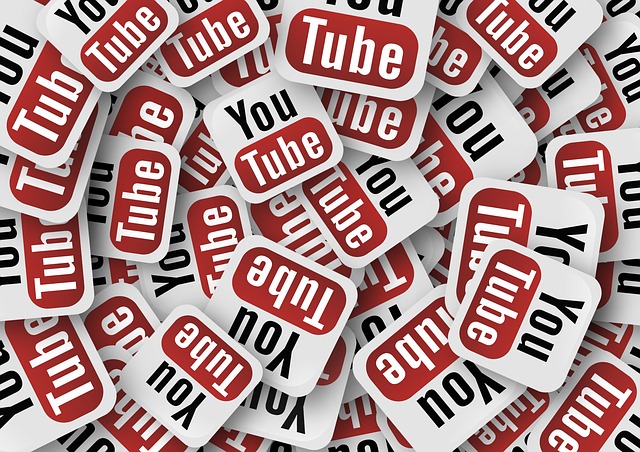Reaction videos are ruining YouTube
By Jack Gentes, Staff Writer
I like to think that I’m a bit of a YouTube junkie. I have the uncanny ability to waste countless hours watching my go-to channels or random stuff that happens to crop up on my suggested videos list. While the website as a whole is probably ruining my productivity and enhancing my procrastination skills, I can’t help but love the site. However, there are some YouTube content creators who make me want to redact this love. Nowadays, it is possible to make YouTube your job through having ads on your videos. YouTube content creators have even become micro-celebrities in their own right, with some having tens of millions of subscribers. These YouTubers make money based on the amount of views their videos get, and with millions of subscribers plus views from non-subscribed people, they can easily make a good living off of YouTube.
I think it’s great that YouTube content creators can make a living off YouTube. It allows people who are genuinely creative to follow their passion and not have to worry about having a “real” job. However, some content creators have found ways to play the system, making a fair amount of money without actually making original videos. These creators are part of a trend called “reaction videos.” The premise of a reaction video is the creator stating their opinion about another YouTube video, often criticizing it or praising it. There are some reaction channels that are fine in my opinion: they take another video to react to, then add their own flair by throwing in a skit or providing genuine, unique commentary using clips from the video. There are some creators, however, that essentially add nothing to the reaction video. They typically have a camera record their face while the other video plays, in its entirety, in a smaller window in the corner of the screen. During the video they may make a few facial expressions, laugh, or say a few words, but otherwise they just sit there. This is a serious problem. Creators making videos like these claim that they are following fair-use policies because they are adding more to the original video and that their commentary is equally as unique as the original. If you have ever seen such a reaction video, it is clear that this is nonsense. The creator of the original video had to go through all of the effort to plan, make, edit, and upload their video, while the reactor only has to watch it, make one or two comments, then do some minimal edits to prepare the video. What’s worse is that reaction videos often take views away from the original video, since reaction creators will often make their titles full of click-bait; after watching the reaction video, people then feel no need to go visit the original. This in turn results in the reaction creator gaining more views, and therefore more revenue than the original creator for using their video. Many good content creators have voiced their concerns about reaction videos, saying that they have had noticeable drops in viewership and that they can no longer sustain their channels.
The most frustrating part about all of this is that YouTube video creation is not seen as a legitimate industry at the moment. It’s not as popular as film or TV, yet it still has a rather large viewer base. However, there is little regulation or legal attention paid to YouTube because it’s not as prominent. This means that reaction video creators, who are essentially stealing other people’s content for their own gain, can fly under the radar and continue to operate their channels. There should be regulation, however, because these reaction video creators are clearly violating fair-use policies. The most glaring infringement of fair use is that reaction video creators are making money off of their videos—videos which contain the entire, uncut footage of another video. Fair-use policies say that when copyrighted content, such as YouTube videos, is used in a transformative manner for non-commercial purposes, it’s fair use. Reaction video creators hardly transform the original content at all and collect revenue from it. In addition to this, half the time they don’t even ask the original creator if they could make a reaction video; and if the reactor criticizes the video, they are now making money from someone else’s work and also tarnishing the original creator’s reputation, which is absolutely ridiculous. Luckily, sometimes the original creators of the reaction video make the effort to point out such things to YouTube, which can lead to the reaction video having its monetization removed. Of course the reactors then simply remove the video from their channel and act like nothing happened. It is shameful that these people are allowed to keep making their reaction videos, considering the fact that they are infringing upon nearly every part of fair-use policies. I feel that YouTube has reached the point where it is no longer just a silly video sharing sight. The site needs to be regulated much more carefully and steps need to be taken toward penalizing people who ignore the policies of fair use.

